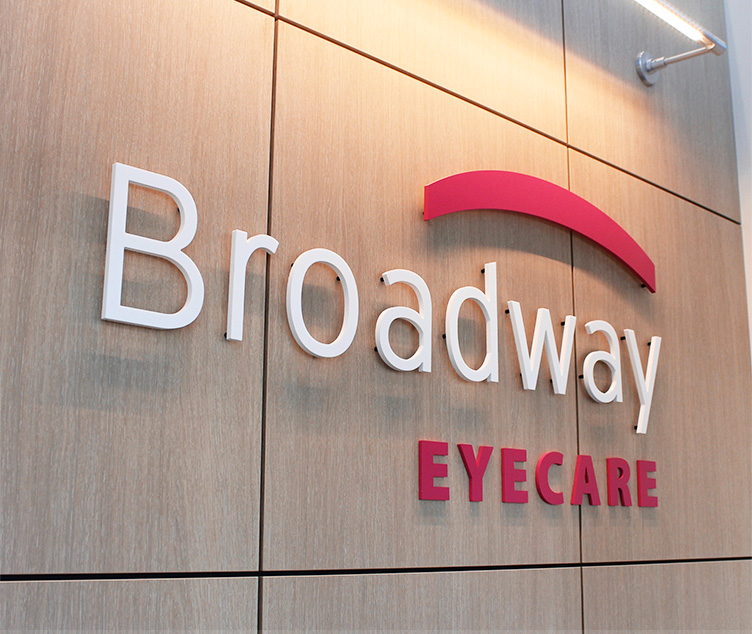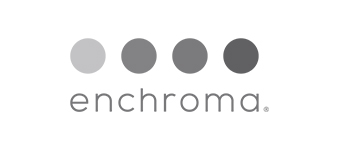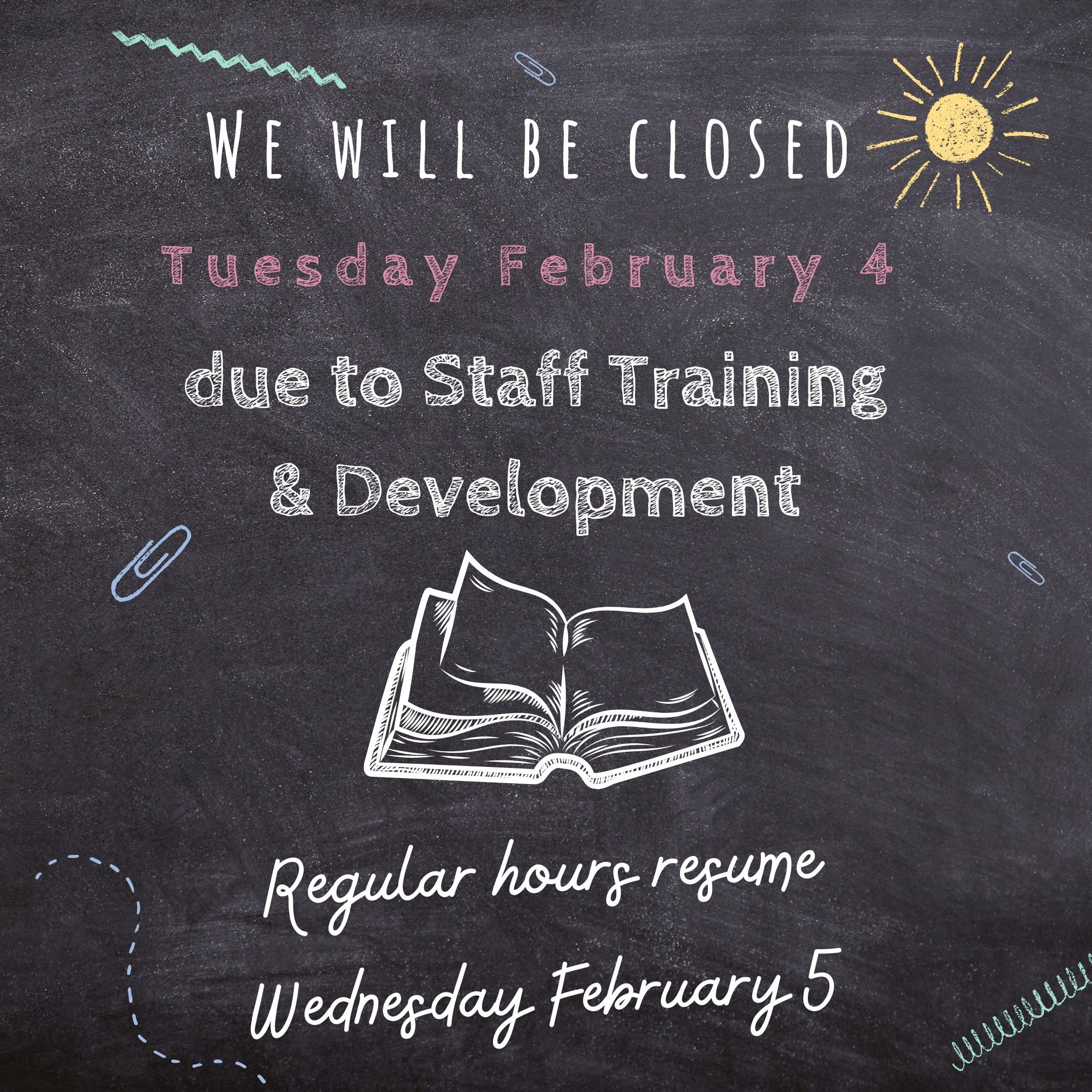Your optometrist can play a key role in diagnosing and treating glaucoma.
Glaucoma refers to a group of eye diseases that can cause damage to your optic nerve and cause permanent vision loss.
Glaucoma is often called the “silent thief of sight” because it often progresses slowly and without symptoms until significant vision loss has already occurred. This is why regular eye exams are so important—they can help detect the signs of glaucoma in its early stages and allow for proper treatment to prevent further damage.
During a full comprehensive eye exam, we can screen for a variety of ocular health conditions, including glaucoma, and provide treatment to help preserve your sight.
Understanding Glaucoma
Glaucoma often occurs when the fluid pressure inside your eye (known as intraocular pressure, or simply IOP) increases, which can cause damage to the optic nerve that carries signals from your eyes to your brain.
There are several types of glaucoma, but the most common type is open-angle glaucoma, which accounts for approximately 90% of all cases. Open-angle glaucoma develops slowly over time and may not cause any symptoms until significant damage to your eye has already occurred. Another type of glaucoma is acute-angle glaucoma. This form develops much faster and should be handled as a medical emergency requiring immediate care at the onset of symptoms.
Glaucoma is a serious eye condition, and if left untreated, it can result in permanent vision loss and even blindness. Once vision loss has occurred, individuals with glaucoma often notice their peripheral vision is blurry or even blacked out. If you have glaucoma, your field of vision can continue to decrease without proper treatment.
Symptoms
Open-angle glaucoma develops over time and often does not present any obvious symptoms in its earliest stages. Because of this, regular monitoring through a comprehensive eye exam is often the only way to detect and diagnose open-angle glaucoma before it causes damage to your eye health and vision.
While acute-angle glaucoma is less common, it is still important to be aware of the symptoms, which include:
- Eye pain
- Blurred vision
- A red eye
- Headaches
- Nausea
- Vomiting
- Rapid vision loss
Risk Factors
While anyone can develop glaucoma, certain people may be at a higher risk. Individuals who are at an increased risk of developing glaucoma may require more frequent eye exams to properly test and monitor for signs of the condition.
Risk factors for glaucoma include:
- Elevated IOP: Individuals with high intraocular pressure (IOP) are at a higher risk of developing glaucoma.
- Age: Older adults and seniors over the age of 60 can have a higher risk of developing glaucoma.
- Family history of glaucoma: Having a family history of glaucoma can put you at a higher risk of developing open-angle glaucoma.
- Medical conditions: Certain medical conditions, including diabetes and high blood pressure, can put you at a higher risk of developing glaucoma.
- High myopia: Having a high degree of myopia (nearsightedness) can increase your risk of developing open-angle glaucoma.
Regular eye exams are critical for early detection and treatment of glaucoma. During an eye exam, your optometrist will perform a number of tests to assess the health of your eye and optic nerve. Testing for glaucoma often includes measuring your eye pressure, testing your peripheral vision, and carefully examining your optic nerve for any signs of damage.
Diagnosing Glaucoma
One of the most important tests for glaucoma diagnosis is the measurement of IOP. Elevated IOP is a key risk factor for glaucoma and can be measured through a tonometry test. Your optometrist may also perform a visual field test to assess your peripheral vision. This test can help detect any areas of vision loss, which may be a sign of glaucoma.
One of the most important tools for glaucoma diagnosis is a comprehensive health evaluation of the important structures of your eye, which may include a dilated eye exam. During this exam, your optometrist will use eye drops to dilate your pupil, which helps allow for a more thorough examination of your optic nerve for any signs of damage or abnormalities. Retinal imaging is another option your optometrist may use to check your retina for signs of glaucoma.
Protect Your Eyes Against Glaucoma
Diagnosing glaucoma in its earliest, most treatable stages is essential for preventing permanent vision loss.
Some forms of glaucoma can develop without any early symptoms and can only be detected during their early stages through a comprehensive eye exam. Because of this, it is important to schedule an appointment with your optometrist every 1-2 years, depending on your age and eye health, especially if you are at high risk of developing this condition. At Broadway Eyecare, our team is here to support all of your eye care needs, including routine eye exams and glaucoma testing and management. Book an appointment to get a comprehensive exam for glaucoma and a variety of eye conditions from our caring team.










